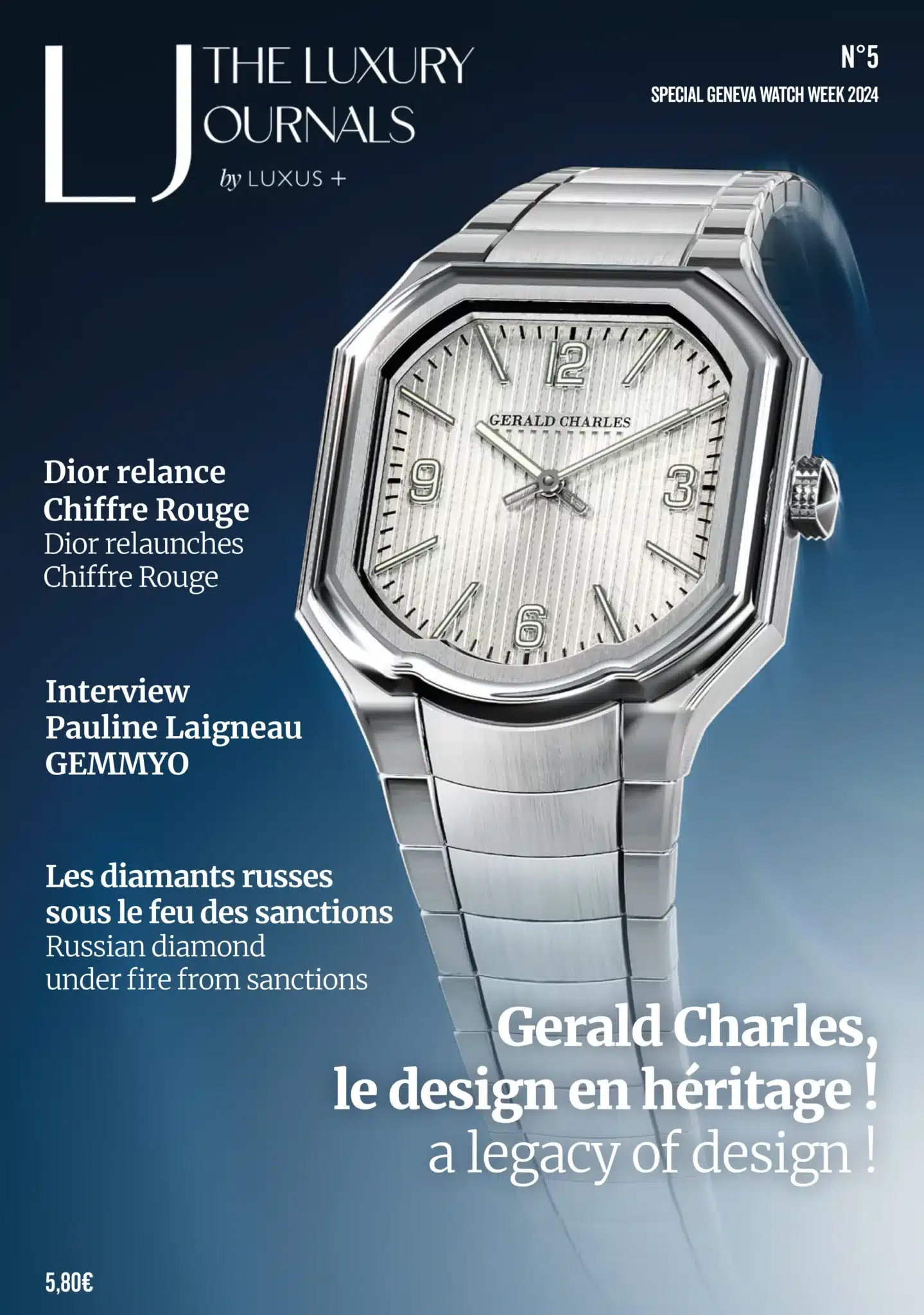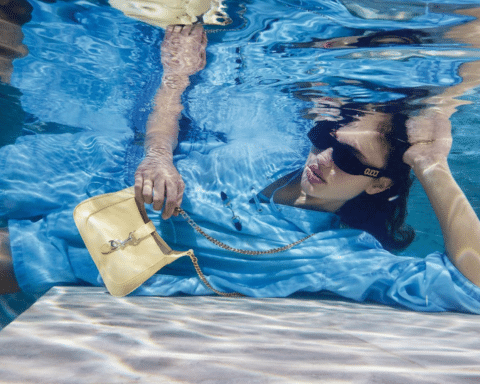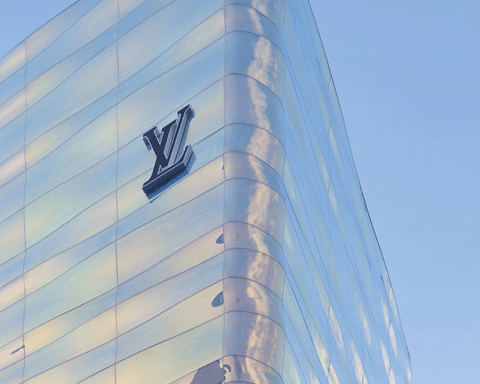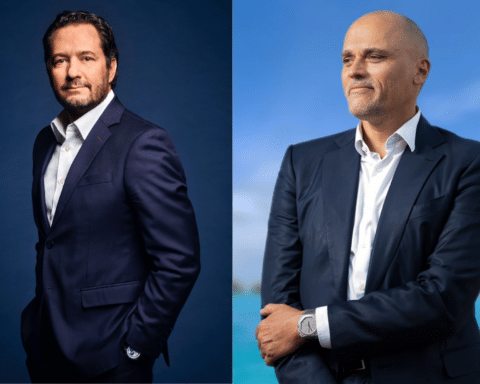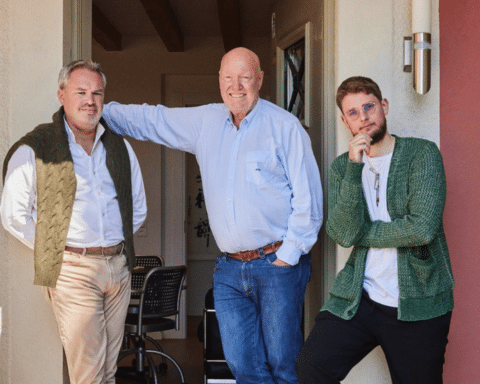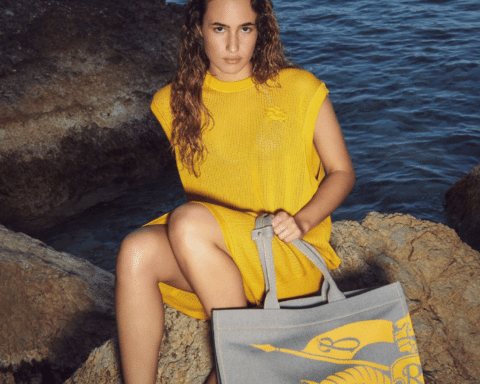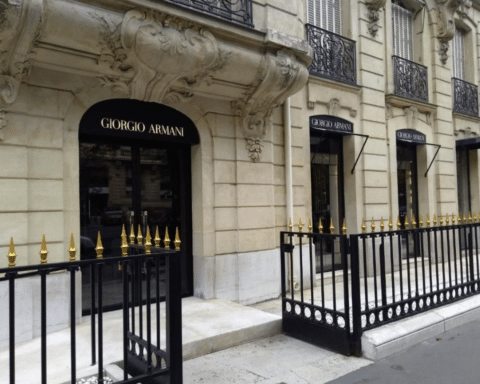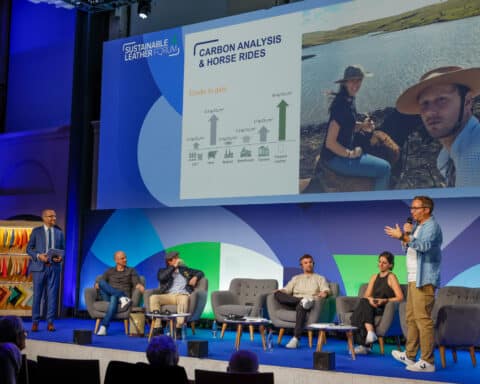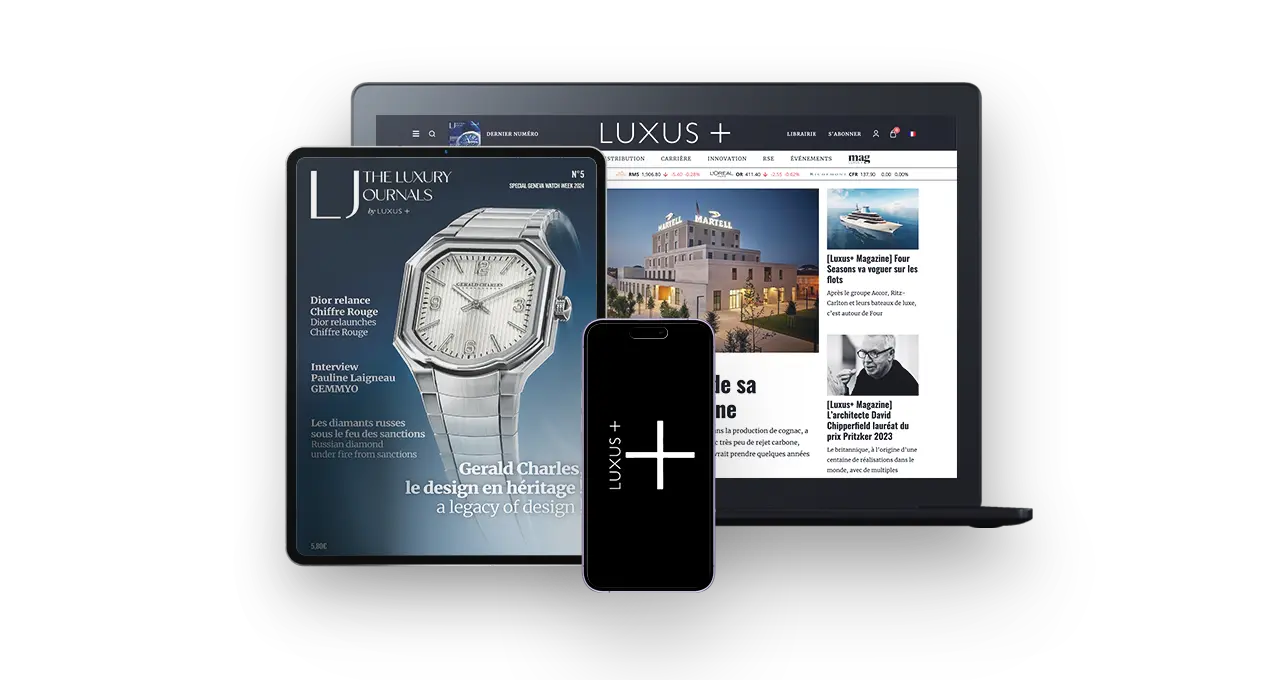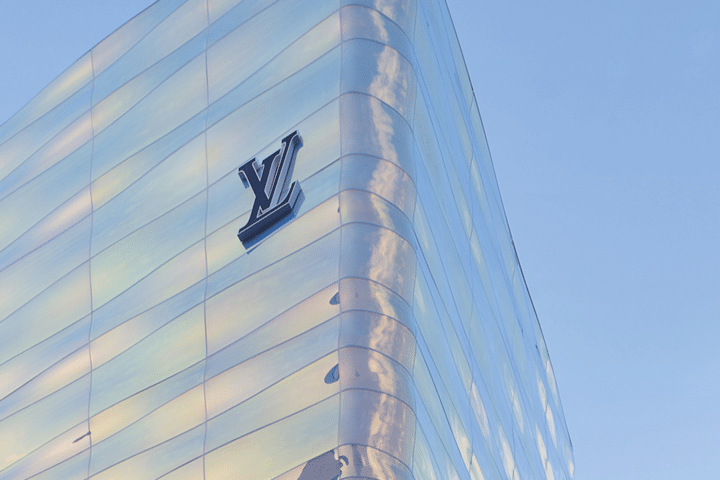The compelling digital world of luxury brands never ceases to amaze. Avant-garde collaborations with celebrities and other industries[1] are presented in a variety of locations, both real and virtual. Numerous personalized and interactive experiences, thanks to the use of technologies including artificial intelligence, are available to customers on e-commerce sites and in boutiques. In this way, the beauty and fashion tech market has embraced artificial intelligence and is now booming.
However, physical points of sale will certainly not be replaced in the luxury industry, as they offer a unique experience in a world of excellence and refinement. Indeed, luxury brands are more present than ever in the most prestigious areas of the world’s cities, continuing to purchase premises for both their boutiques[2] and their offices[3].
Although the global luxury goods industry was late to embrace the digitalization of its activities compared to other industries, we can see that it has largely caught up by investing considerable resources in the use of these technologies for their marketing and interaction with their customers.
In 2021, the value of the online personal luxury goods market was estimated at 62 billion euros[4]. The use of smartphones has obviously had a major impact.
Beyond digitalization, luxury brands have used virtual and augmented reality[5] to create an emotional immersion, like that which customers can experience in a boutique.
As a result, virtual universes are multiplying, notably with the use of metaverse[6] technology, which enables products and services to be bought and sold, offering a customer experience through 3D reconstruction. Metavers can also enable interaction through avatars or a mix of real and virtual experiences.
Experiences at the intersection of the real and the virtual raise a number of legal issues.
There are many legal issues at stake in this race to use the most innovative technologies.
At least four can be identified:
– Legal compliance of digital platforms (current episode)
– Protecting customer data and digital images (Episode II)
– Brand e-reputation (Episode III)
– Cyber risks (Episode IV)
In this first part, we’ll look at the first challenge, which is to maintain good digital communication in line with platform law.
Reinforced obligations
Luxury brands that sell online are obviously subject to regulations in France and abroad.
The obligations incumbent on digital platforms have been reinforced.
They result from a wide range of regulations, including:
– Digital law ;
– Economic law ;
– criminal law
– Tax law ;
– Consumer law.
Article L.111-7 of the French Consumer Code defines an online platform operator in terms of the activity carried out by that operator. This is “any natural or legal person offering, on a professional basis, whether remunerated or not, a communication service to the public based on :
– The ranking or referencing, by means of computer algorithms, of content, goods or services offered or put online by a third party; or
– The bringing together of several parties with a view to the sale of a good, the provision of a service or the exchange of the sharing of content, a good or a service”.
Read also > META AND LOUBOUTIN TAKE JOINT LEGAL ACTION AGAINST COUNTERFEITER
Featured Photo: © Daiga Ellaby/Unsplash+


